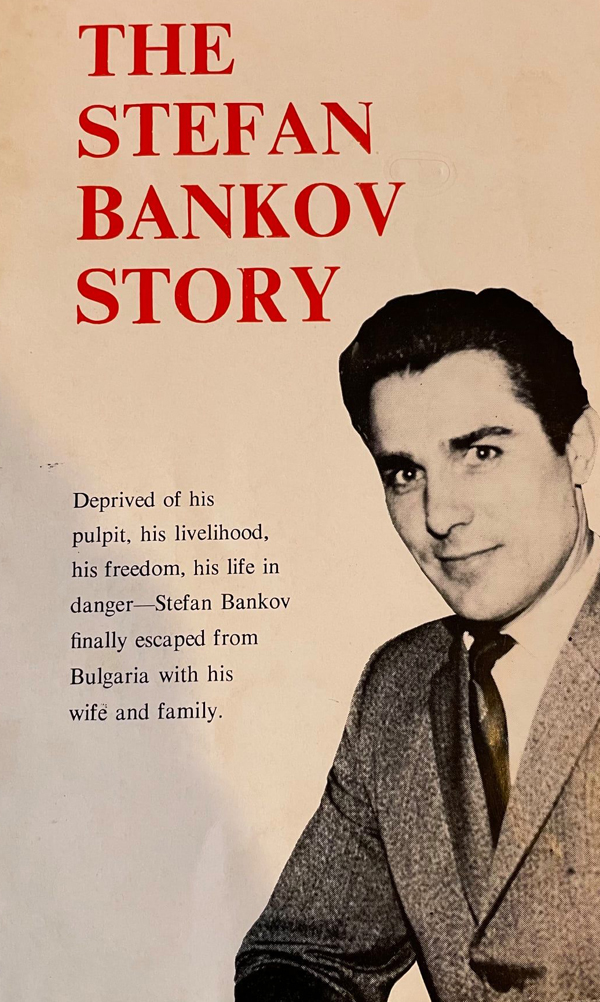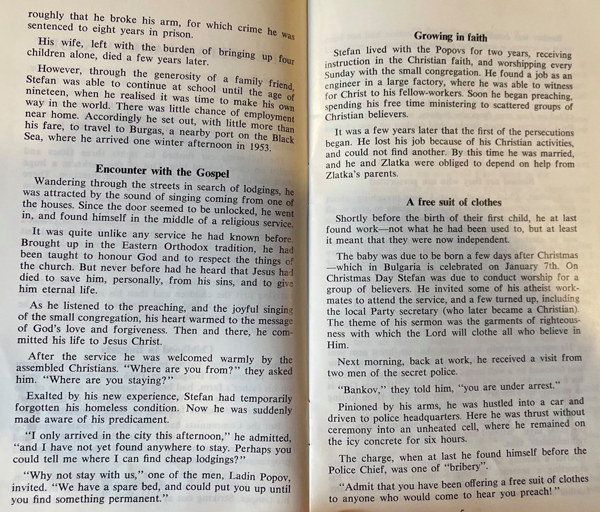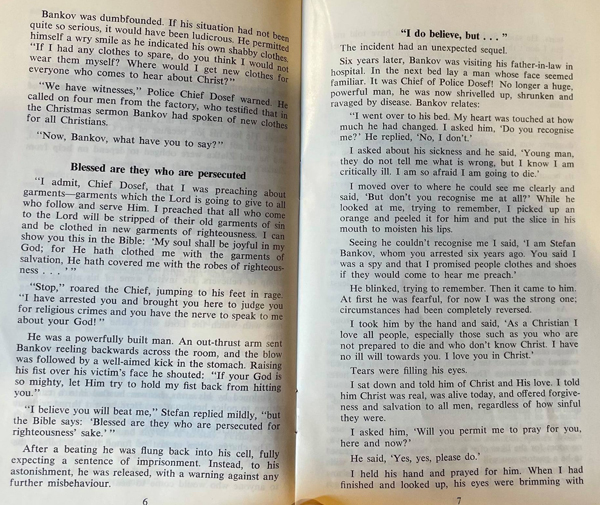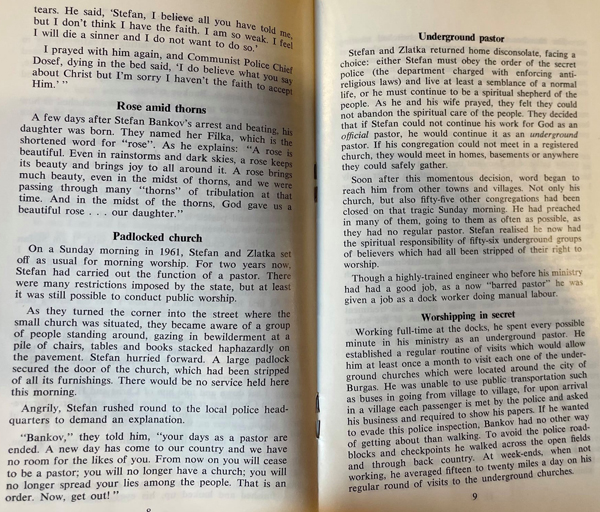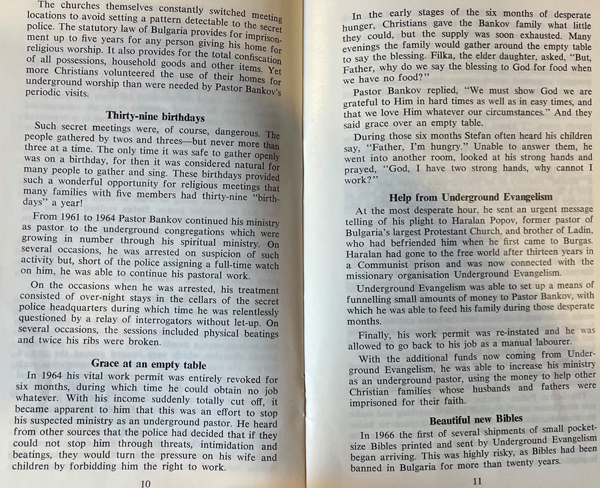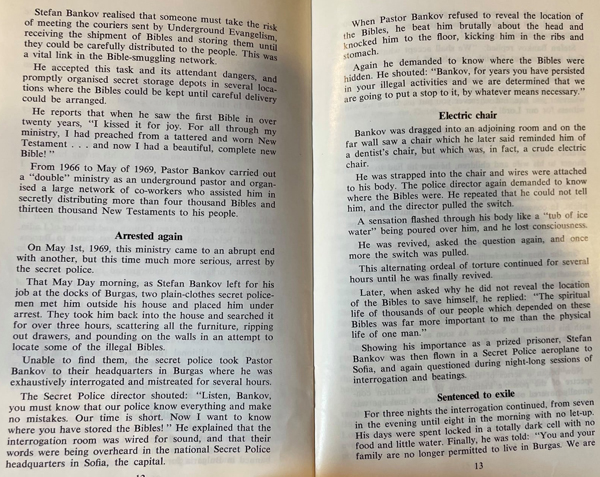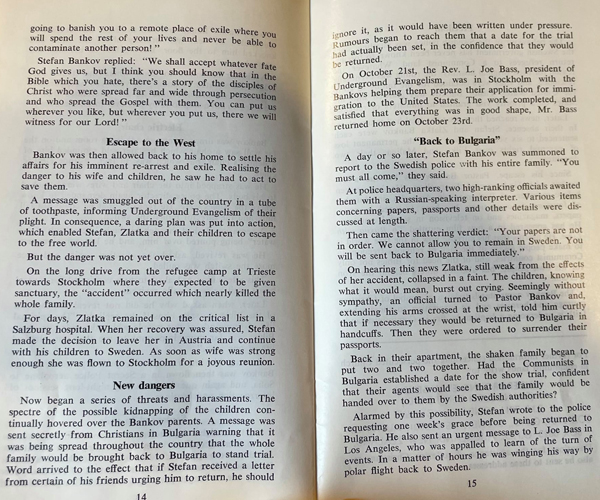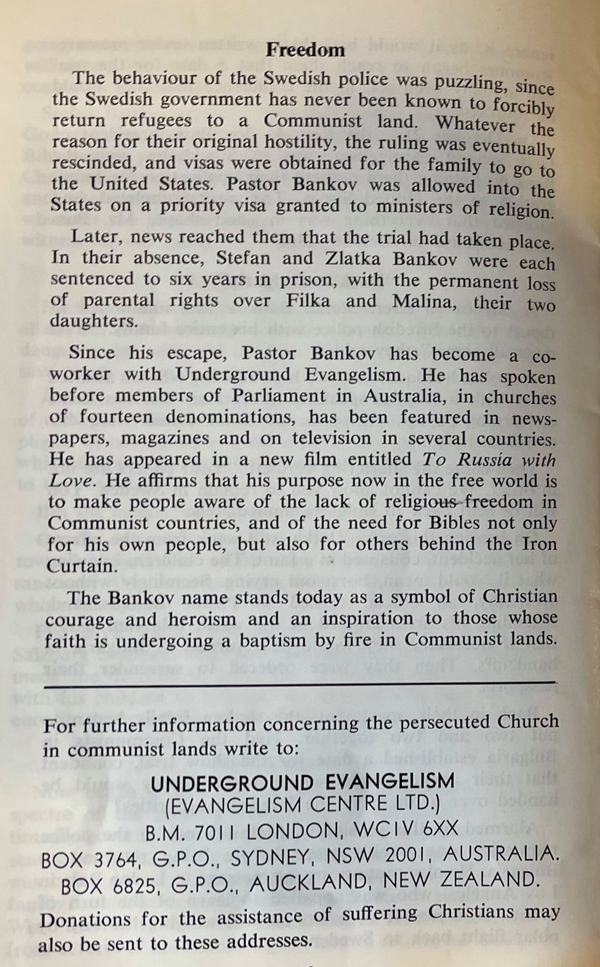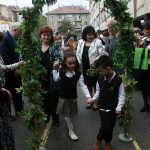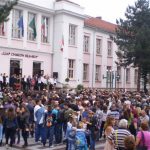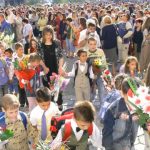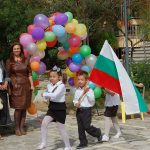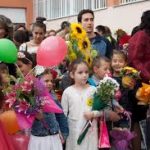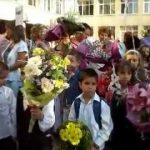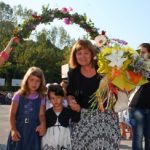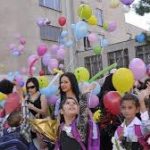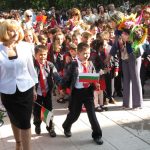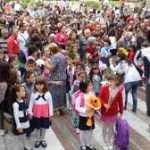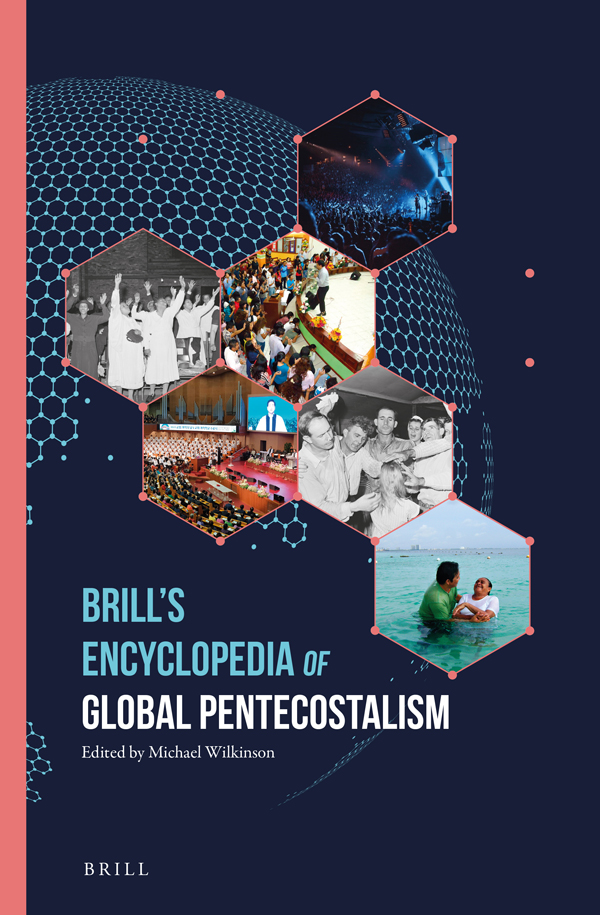Bulgarian Election Results Bring More Uncertainty for 2022
New centrist party poised to win Bulgarian election, will not end the long months of deadlock as Routers projects. With the lowest activity ever recorded in Bulgaria, the new election winner cannot form a majority parliament with only 25.34% of the vote. In an even more complicated scenario, to possibly form a coalition with the 2nd highest vote party will add only 22.4% percent, which will still be insufficient for a 51% parliamentarian majority. It certainly looks like a new (fourth) round of parliamentarian elections in the Spring of 2022.
Even more uncertain are the results of the parallel Presidential vote where current socialist president won with 49.4% – just a notch short from the 51% needed to remain in power. It is also disturbing that the current Bulgarian president who represents the Socialist Party in the country was mentioned by name (sic [b]Radev) as an ally and partner (in the video below) by U.S. President Joe Biden. The hope is that in the ballot this coming weekend, the second candidate in the election may overturn the vote in his favor so Bulgaria can receive at least a bit more democracy-oriented new President. For all this, your prayers are still coveted.
New centrist party poised to win Bulgarian election, could end months of deadlock
https://www.reuters.com/world/europe/new-centrist-party-poised-win-bulgarias-election-partial-results-show-2021-11-15/
• Bulgaria holds third parliamentary election this year
• New party set up by two entrepreneurs tops the poll
• Parliament still fragmented, tough coalition talks loom
• Incumbent Radev is frontrunner for presidential run-off
SOFIA, Nov 15 (Reuters) – A new centrist political party emerged as the likely winner of Bulgaria’s national election on Monday, partial data showed, boosting hopes for an end to months of political deadlock in the European Union’s poorest member state. The anti-graft We Continue The Change party (PP), launched by two former interim ministers only two months ago, was in the lead with 25.4% of the vote, based on 61% of ballots counted from Sunday’s election,the third in Bulgaria this year. After two previous elections in April and July produced an inconclusive outcome, Bulgarian voters are keen to see a new government formed quickly to tackle a dire COVID-19 situation, surging energy prices and widespread graft.
“I voted for what we are fighting for and hoping to happen – a more serious change in everything, so that we can have a better life here, at least for our children,” Kostadin Manov, a 39-year-old father of two, said after casting his vote in the capital Sofia.
“This corruption and all this theft should stop.”
But the partial results show the next parliament will be even more fragmented than in April and July, with seven parties represented.
TOUGH COALITION TALKS
Voter turnout in Sunday’s vote is estimated at about 40% – a historic low amid public disillusionment and apathy and also coronavirus infections that have left hospitals overwhelmed. The centre-right GERB party of long-serving premier Boyko Borissov was seen coming in second place with 22.2% of the vote. His decade-long rule ended with the April election amid public anger over his failure to crack down on corruption.
President Rumen Radev, a harsh critic of Borissov, won 49.2% of votes in a presidential election that also took place on Sunday and is tipped to win a second five-year term in the largely ceremonial post in a runoff set for Nov. 21.
Analysts said the new PP party – set up by two Harvard-educated entrepreneurs – looked better positioned to seal a coalition with the support of the Socialists, who won 10.3% of the vote, the anti-graft alliance Democratic Bulgaria with 6% and the ITN party of TV talk show host Slavi Trifonov.
Trifonov’s party had topped the July vote with 24% but the partial results show it now getting just 9.8% after his failure to forge a government.
However, tough coalition negotiations lie ahead before a workable government can be formed.
“Forming a government… will be more complicated because at least four parties will be needed for a majority,” said Dobromir Zhivkov, political analyst with Market Links pollster.
PP leader Kiril Petkov promised on Sunday to be open to dialogue and compromise in coalition talks but said his party would not renege on pledges to overhaul the judiciary and clamp down on corruption. read more
“Bulgaria is headed onto a new path,” said Petkov, who hopes to become prime minister and to have his PP co-founder, Assen Vassilev, as finance minister.
Bulgaria: What to Watch for in the November 14 Elections
Although the third for the year, on November 14 for the first time the elections will be 2 in 1 – for president and MPs. The vote is taking place at the peak of the fourth wave of coronavirus in Bulgaria and anti-epidemic measures will again be observed, and the number of those who voted with a mobile ballot box will be clear on election day.
For the second time, the voting in the sections with 300 and more voters will be only with machines, but for both votes the voting procedure will be with one device, and it will be necessary to indicate what to vote for and wait for the printing of two receipts. Therefore, it is expected that the process will be slower, and if the cases of patients in the coming days increase – this will affect the turnout.
In front of the voters
The third election of the year will be held at the peak of the fourth wave of the coronavirus epidemic, which may be a cause for concern among some eligible voters. For now, there will be no stricter anti-epidemic measures in the polling stations and they will remain known until now – wearing masks, disinfection, distance and frequent ventilation in the premises. From the previous two votes it cannot be concluded that the incidence will be denied by voters, as on April 4, when the peak of the third wave was, voter turnout was 50.61%, while on July 11, when there were few registered cases – only 42.19% .
Quarantined voters will be able to ask to vote with a mobile ballot box at the address where they are isolated, even on election day. It would be an obstacle if by the day of the vote in a given settlement there is no section for quarantined, as a condition to have only 10 applications submitted before. However, the Central Election Commission did not know whether it would be possible to open so many quarantined sections in recent weeks.
For the first time this year, the elections will be 2 in 1 – for president and MPs, which could lead to delays and queues in some sections. In the sections with 300 and more voters, the voting is only with machines, and the voting time is expected to be 5 minutes again.
There are two points that a voter using a device should be aware of. The first is at the beginning, when the machine asks which type of election the voter wants to vote for and whether for both – he/she can mark once and by continuing, confirm, after which he/she has no right to correction. The second is when printing the segments with the choice at the end – if the voter has exercised his/her right to vote in both votes, he/she must wait for the machine to print two receipts – one short and one longer, and pull them out after hearing a beep. If it does so while printing, the machine may lock.
The voter will also have a problem if he/she decides to take pictures of how they vote, as the recording of the vote is prohibited and the sanction is BGN 1,000.
Possible problems for the election commissions
There seem to be two main challenges for sectional election commissions – one is related to the machines and the other is to the counting of the voting receipts.
The problems with the machines can be of different nature – technical malfunctions, errors in the lists as on April 4 in Veliko Tarnovo, when there were exchanged names and numbers in one of the candidate lists, errors in cleaning, which can only be done with alcohol, etc. . A technician will be available, but if the fault is not rectified, a paper ballot will be put to the vote following a decision by the district or central commission.
Difficulty and delays in reporting the results would be caused by the decision to count all machine voting receipts, which were taken by the Central Election Commission but revoked by the Supreme Administrative Court. The commission should now determine in how many and in which sections the control receipts should be counted, and the result will be taken from the protocol printed by the machine, and the result of the control count will not be entered in the protocol.
However, the count will slow down the section commissions where it is done. After the end of the election day, the commissions will have to open the box with the receipts, divide into two piles those for the presidential and those for the parliamentary vote and then count, without taking into account the preferences for MPs. According to experts, voluntary or unintentional human errors are possible during the counting, as well as manipulations by destroying part of the receipts. This will certainly delay the transmission of the results to the district election commissions.
Global Network of Bulgarian Evangelical Churches outside of Bulgaria (2021 Report)
 Bulgarian Evangelical Churches in the European Union (2019)
Bulgarian Evangelical Churches in the European Union (2019)
- Bulgarian Evangelical Churches in Germany
- Bulgarian Evangelical Churches in Spain
- Bulgarian Evangelical Churches in England
- Bulgarian Evangelical Churches in France
- Bulgarian Evangelical Churches in Belgium
- Bulgarian Evangelical Churches in Italy
- Bulgarian Evangelical Churches in Cyprus
- Bulgarian Evangelical Churches in Crete
Bulgarian Evangelical Churches in America (2019 Report)
- Bulgarian Evangelical Churches in Chicago (2019 Report)
- Bulgarian Evangelical Churches in Texas (2019 Report)
- Bulgarian Evangelical Churches – West Coast (2019 Report)
- Atlanta (active since 1996)
- Los Angeles (occasional/outreach of the Foursquare Church – Mission Hills, CA)
- Las Vegas (outreach of the Foursquare Church – http://lasvegaschurch.tv)
- San Francisco (occasional/inactive since 2012, Berkeley University/Concord, CA)
Bulgarian Evangelical Churches in Canada (2019 Report)
- Toronto (inactive since 2007)
- Toronto/Slavic (active since 2009)
- Montreal (occasional/inactive since 2012)
CURRENTLY INACTIVE CHURCHES/CONGREGATIONS:
- New York, NY (currently inactive)
- Buffalo, NY (occasional/inactive)
- Jacksonville, FL (occasional/inactive since 2014)
- Ft. Lauderdale / Miami (currently inactive)
- Washington State, Seattle area (currently inactive)
- Minneapolis, MN (occasional/inactive since 2015)
READ MORE:
- First Bulgarian Church in Chicago Opened in 1907
- Gateway Cities for Bulgarian Evangelical Churches
- How to Start a Bulgarian Church in America from A-to-Z
- Unrealized Spiritual Harvest as a Paradigm for Cross-Cultural Ministries among Migrant and Disfranchised Ethnic Groups in America Today
THE STEFAN BANKOV STORY
October 25, 2021 by Cup&Cross
Filed under Featured, Missions, News, Publication
One of them was Dr. Stefan Bankov, perhaps the immigrant with greatest influence for the Bulgarian Protestant scholasticism. Immigrating to the United States in 1969 after being severely persecuted in Bulgaria, Bankov earned a doctoral degree in theology and dedicated his life to one great purpose, namely the preparation of the first concordance of the Bulgarian Bible. The concordance was completed in 1986 before the era of the personal computer. After the fall of the Berlin Wall, Bankov returned to Bulgaria to work with his home church of Bourgas. He is the founder and president of East-West Christian Solidarity, a nonprofit religious organization based in California which aims to provide Christ-centered evangelism, preaching, teaching, and humanitarian for Bulgaria.
Bulgarian Churches in Crete (2021 Report)
 Love of Christ Bulgarian Church – Yarapetra, Crete
Love of Christ Bulgarian Church – Yarapetra, Crete
READ MORE:
- First Bulgarian Church in Chicago Opened in 1907
- Gateway Cities for Bulgarian Evangelical Churches
- How to Start a Bulgarian Church in America from A-to-Z
- Unrealized Spiritual Harvest as a Paradigm for Cross-Cultural Ministries among Migrant and Disfranchised Ethnic Groups in America Today
Trends and Issues Affecting Asian Missions and The Next American Spirituality
September 30, 2021 by Cup&Cross
Filed under Events, Featured, Missions, Publication
“Three Trends and Three Issues Affecting Asian Missions” and the figures given by David Barrett present a Macedonian Call to 3.7 billion people with some 9% Christians, which is no small issue in global missions today. At the same time, America becoming the third largest mission field in the world is the obvious antipode of missionary need in the Western hemisphere. The parallels in post-modernity are many.

About 20 years ago, a book called “The Next American Spirituality” summarized the culture of today’s American spirituality and its relation to the apostolic church. The main question is, “What would a theology of the church look like that took seriously the fact that North America is now itself a mission field?”
To answer the question, Gallup and Jones examined how America does Biblical spirituality, using the gathered data to analyze its shift and direction. According to their survey, the marks of the next American spirituality were going to be (in short):
- Bull-market church growth
- Self-centered religion of me and thee
- Hunger for experience – any experience
- Search of roots amid the relativism
- Quest for community resulting in self-belongingness and self-realization
In our current context of ministry two decades later, all of the above signs are evident and true. This is due on hand to the constant shift in the cultural paradigm, as well as the obvious shift in the identity and practices of the Christian church in the postmodern context. It almost seems like instead of being the model, the church is following a model, which not only changes the churches identity but interferes with its original evangelistic goal and global mission.
2021 Catalog of Immigrant Bulgarian Evangelical Churches around the World
 Bulgarian Evangelical Churches in the European Union (2017 Report)
Bulgarian Evangelical Churches in the European Union (2017 Report)
- Bulgarian Evangelical Churches in Germany
- Bulgarian Evangelical Churches in Spain
- Bulgarian Evangelical Churches in England
- Bulgarian Evangelical Churches in France
- Bulgarian Evangelical Churches in Belgium
- Bulgarian Evangelical Churches in Italy
- Bulgarian Evangelical Churches in Cyprus
- Bulgarian Evangelical Churches in Crete
Bulgarian Evangelical Churches in America (2017 Report)
- Bulgarian Evangelical Churches in Chicago (2017 Report)
- Bulgarian Evangelical Churches in Texas (2017 Report)
- Bulgarian Evangelical Churches – West Coast (2017 Report)
- Atlanta (active since 1996)
- Los Angeles (occasional/outreach of the Foursquare Church – Mission Hills, CA)
- Las Vegas (outreach of the Foursquare Church – http://lasvegaschurch.tv)
- San Francisco (occasional/inactive since 2012, Berkeley University/Concord, CA)
Bulgarian Evangelical Churches in Canada (2017 Report)
- Toronto (inactive since 2007)
- Toronto/Slavic (active since 2009)
- Montreal (occasional/inactive since 2012)
CURRENTLY INACTIVE CHURCHES/CONGREGATIONS:
- New York, NY (currently inactive)
- Buffalo, NY (occasional/inactive)
- Jacksonville, FL (occasional/inactive since 2014)
- Ft. Lauderdale / Miami (currently inactive)
- Washington State, Seattle area (currently inactive)
- Minneapolis, MN (occasional/inactive since 2015)
READ MORE:
- First Bulgarian Church in Chicago Opened in 1907
- Gateway Cities for Bulgarian Evangelical Churches
- How to Start a Bulgarian Church in America from A-to-Z
- Unrealized Spiritual Harvest as a Paradigm for Cross-Cultural Ministries among Migrant and Disfranchised Ethnic Groups in America Today
Bibliata.com celebrates 25 years in online ministry by reading through the whole New Testament in one day
One of our first ministry websites, Bibliata.com just celebrated 25 years of ministry online. It began in the fall of 1996 with the sole purpose to reach Bulgarians online with the Bible. We began the Bibliata.com anniversary celebration with an out loud reading through the whole Bulgarian Bible on September 16 involving many churches and Christian communities in Bulgaria and abroad.
After 25 years with several million annual views and visitors, it has become the standard for the Bulgarian Bible online. Through the years, virtually all Bulgarian Bible versions as well as many others in foreign and original tongues were published. Audio Bible, Video Bible, extensive Bible commentary, a national sermon archive, multiple device apps and Bible study platforms are only a few of the projects completed. Additionally, a new Bulgarian translation in the works since 2007 is close to its publication date for the 500th anniversary of the Protestant Reformation. But this is not all…
The story of the Bulgarian Bible online is centered not only in products and projects, but in the very people we work with to create a community of believers, who pray, talk, grow and live together in the footsteps of the Savior. And this is worth much more than just 25 years of work and perseverance…
First Day of School in Bulgaria
BULGARIA in Brill’s Encyclopedia of Global Pentecostalism
Brill’s Encyclopedia of Global Pentecostalism (BEGP) provides a comprehensive overview of worldwide Pentecostalism from a range of disciplinary perspectives. It offers analysis at the level of specific countries and regions, historical figures, movements and organizations, and particular topics and themes. The online version of the Encyclopedia is already available
For some of you it has been a long time ago that you submitted your article(s) for BEGP, for others it was a bit more recent, but I am very happy to announce that this Summer the print edition of Brill’s Encyclopedia of Global Pentecostalism will finally see the light. With this we can proudly close this chapter and proceed to see what the reception of the volume will bring! Thank you for being part of this great project!
To celebrate, we will organize an online symposium on September 16th, with presentations from the editors as well as 3 experts who will comment on BEGP: Amos Yong, Birgit Meyer and Néstor Medina. You can find more detailed information in the attached flyer. Please be welcome.
Registration is free (but necessary to receive a link); we will raffle one free copy of the print edition among the registered participants. For registration and questions, please send your message to [email protected], mentioning Symposium in the subject line.
We hope to see you then!



